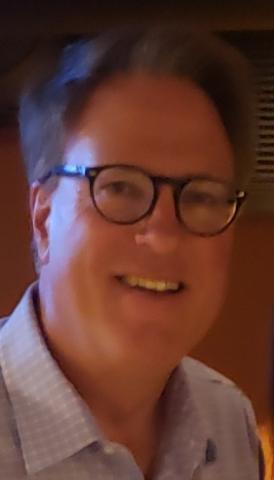Research Interests
Research carried out in the DiChristina laboratory focuses on fundamental and applied aspects of microbial metal respiration. Microbial populations in aquatic and terrestrial environments respire a succession of thermodynamically favorable compounds as electron acceptor, including oxygen, nitrate, sulfate, carbon dioxide, and transition metals such as solid iron and manganese oxides. Electron transfer to solid metal oxides located outside the cell requires novel respiratory strategies that the DiChristina laboratory has unraveled. Metal-respiring microorganisms are also deeply rooted and scattered throughout both prokaryotic domains, leading to the intriguing possibility that microbial metal reduction is one of the first respiratory processes to have evolved on early Earth. In the modern biosphere, microbial metal reduction is critical to a wide array of environmental and alternative energy processes that the DiChristina laboratory has examined, including the biogeochemical cycling of metals and other nutrients, degradation of natural and contaminant organic matter, bioremediation of toxic metals and radionuclides, electricity generation in microbial fuel cells, and greenhouse gas emissions from wetland sediments.
Area of Specialization
Environmental Microbiology, Contaminant Biodegradation, Biogeochemistry, Climate change

